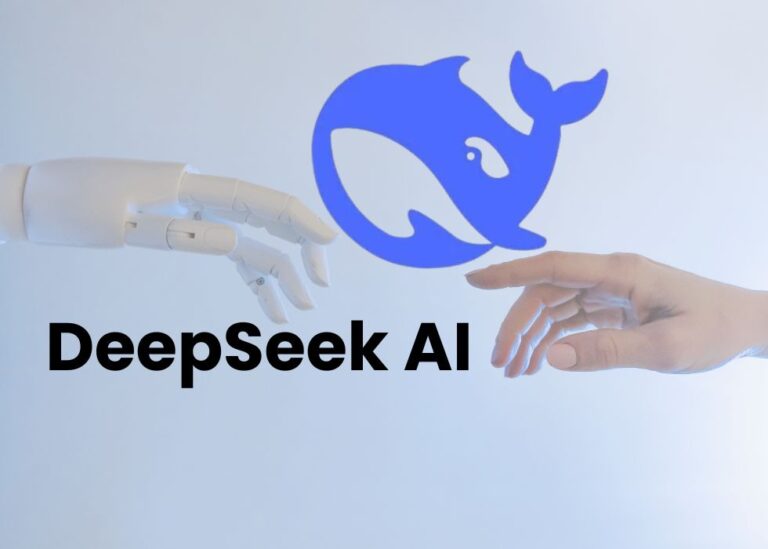AI-Driven Code Optimization: Using Machine Learning to Refactor and Enhance Code Performance

In a fast-changing discipline in which technology all too often outstrips comprehension, Chukwubuikem Victory Onwukwe is far from a trend-seeker but instead analyzes and critiques them and molds them as useful tools to bring real systems to their full potential.
An experienced software engineer with a steadfast commitment to compute simplicity and long term performance, Onwukwe has more recently established an unconventional path at the intersection of software engineering and machine learning, one focused on the poorly developed niche of AI-enabled optimisation of code.
While the community at large has been thus far focused on natural language processing, images generated by AI, and agents operating by themselves, a parallel conversation has been taking place in comparative obscurity by Onwukwe: how do models learn to not simply produce code but also understand and rewrite it with the elegance and context-aware precision of an experienced developer?
This question has fueled his research over the past several years as he has constructed and honed systems to do more than produce syntactically correct code, which instead analyze codebases, identify bottlenecks, reason about algorithmic trade-offs, and propose thoughtful optimizations. The essence of his ideology is not automata as a goal but smart augmentation: tools learn from code as a developer does by observing patterns, understanding domain intent, and adapting through feedback.
Behind Onwukwe’s research and engineering lies a conviction that optimisation is as much an art as it is a science. Traditional optimisation methods rely on rules—proven heuristic and hacks at compile time, but they shatter on a daily basis when presented with large, heterogeneous codebases built by dozens of developers over decades. Context matters. Domain convention matters. What would be a fantastic optimization in one subsystem would wreak havoc on another. Here is where Onwukwe’s machine learning infrastructures come into the equation: they don’t merely learn performance profiles but also learn development ecosystems.
One of his more thought-provoking undertakings was the creation of a custom transformer model trained on millions of open-source repository refactoring patterns. The model was not simply searching for the usual redundant loops and unnecessary overhead. The model was trained to read semantic intent, proceeding on the basis, say, that code used in real-time data processing has incredibly dissimilar performance constraints than code used in a batch job for a periodical analytics workload. By feeding the model metadata about module usage and system design as well as runtime patterns as part of its training data set, the model was taught to propose optimizations that respected both performance and functional correctness in the code.
Onwukwe’s approach contradicts the doxa of needing to optimize as aggressively as they possibly can. Models he trains will typically suggest less complicated, easier-to-explain options that build incrementally on performance while enhancing maintainability, a considered tradeoff all too commonly overlooked by software developers today. Speed and memory are as important to him as keeping things less complicated to comprehend in the long term. “Optimization without sustainability is technical debt with better benchmarks.” Another feature of his work is the presence of feedback loops. Unlike a static linter or black-box AI tool, his systems learn from developer decisions on an ongoing basis.
Whenever a developer spurns a recommendation, the system does not simply note the spurning but the why, if it is able to do so. Over time it begins to gain a localized sense of team taste, architectural convention, and concerns around performance.
The result is a co-evolution of code and machine intelligence, a two-way conversation rather than a prescription.
Peers describe Onwukwe as a demanding and careful person who insists on the long path in experimentation to ground conclusions in reproducibility and worldly applicability. He brings a scientific mindset to a discipline more and more hijacked by hype.
In a conference setting, he’ll puncture assumptions models “getting” code by insisting on demonstrable, iterative understanding on the basis of developer confidence. Simple alteration of code by a system is inadequate; it has to do it in a way a human co-worker would approve of, if even enjoy.
While his work is necessarily technical in purpose, its importance is philosophical. Onwukwe is challenging the underlying principle of partnership with a machine, not as a tool to simply receive instructions from but as a collaborator whose competence is refined by shared direction.
His vision is one in which the coding process itself is a conversation: developers author the code, AI deconstructs and optimizes it, and together build not only useful software but beautiful, efficient, and coherent systems. In a world increasingly dependent on software, the costs of optimization are no longer computational, now they are ecological, they are economic, they are ethical.
Work by Chukwubuikem Victory Onwukwe makes it clear that at the heart of good software is not speed alone, but thoughtfulness. And in translating the reasoning of machines and the discretion of engineers, he is not simply optimising code, he is optimising the shape of development itself.







